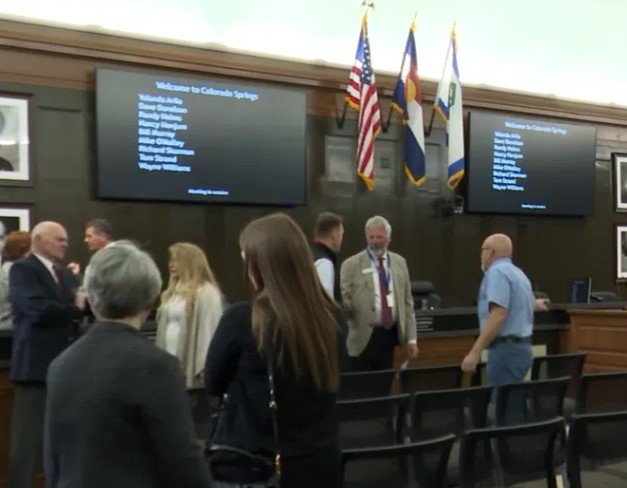Colorado Springs voters gave recreational marijuana the green light in November. Now, the city council is asking them to reconsider. In a move that has ignited backlash, officials voted to hold a special election in April to potentially overturn the decision—despite a majority of voters already approving it.
City Council Pushes for a Do-Over
By a 7-2 vote, the Colorado Springs City Council decided Tuesday to put recreational marijuana back on the ballot. Their reasoning? Some council members claim voters may have been confused when they passed Question 300 with 54% approval.
The decision has raised eyebrows, particularly among cannabis advocates who view it as a direct challenge to the will of the people. Special elections typically see lower voter turnout, which could work against keeping the legalization measure in place.

What’s at Stake in the April 1 Vote?
If Question 300 is repealed in April, recreational cannabis businesses won’t be able to operate in Colorado Springs, a city that remains more conservative on marijuana policy than Denver or Boulder.
But if the repeal effort fails:
- Recreational cannabis sales could start as soon as April 10.
- The city will begin accepting adult-use license applications on Feb. 10, with a 60-day review process.
- Local cannabis businesses stand to benefit from an expanded market that aligns with the rest of the state.
For now, businesses are preparing under the assumption that the November vote will stand. But the uncertainty is creating concerns about investing in a market that might be yanked away.
New Zoning Rules Could Restrict Cannabis Stores
While the council hasn’t been able to stop legalization outright—yet—they have moved to limit where dispensaries can set up shop.
Earlier this month, the council approved a zoning rule that requires a 1,000-foot buffer between marijuana retailers and locations like schools and daycare centers. This adheres to the language in Question 300.
However, before the November election, the same council attempted to impose a 1-mile buffer, a move that would have effectively blocked dispensaries from opening at all. That effort failed, but it signals an ongoing resistance to recreational sales, even as voters push for it.
Will the Special Election Change the Outcome?
There’s no guarantee that voters will reverse their decision. The November election saw record turnout, which worked in favor of legalization. But a special election in April—when fewer people typically vote—could shift the balance.
Cannabis industry leaders are worried. They argue that a rollback would not only be unfair but could also push consumers back into the illicit market, something Colorado’s regulated system was designed to prevent.
The battle over legal marijuana in Colorado Springs is far from over. For now, both sides are gearing up for another fight at the ballot box.
